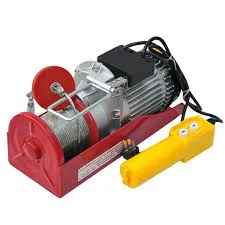


Understanding Commercial Hanging Scales A Comprehensive Overview
Commercial hanging scales are essential tools in various industries, from retail to agriculture, where accurate weight measurement is crucial. These scales are designed to provide convenience and precision, making them a popular choice for businesses that require reliable weighing solutions. In this article, we will delve into the features, benefits, and applications of commercial hanging scales, highlighting their importance in diverse settings.
One of the primary advantages of commercial hanging scales is their portability. Unlike traditional floor scales, hanging scales can be easily transported and used in different locations, making them ideal for businesses that deal with large or heavy items. For instance, farmers can weigh produce directly in the field, while merchants at markets can use them to weigh goods without the need for a fixed weighing station. This flexibility not only saves time but also enhances productivity.
Another key feature of commercial hanging scales is their design, which often includes a sturdy hook or platform for hanging various items. This allows for the weighing of bulk products, such as bags of produce, livestock, or even construction materials. The ability to weigh payloads that are not easily placed on a flat surface is a significant advantage, as it accommodates items of varying sizes and shapes. Moreover, many hanging scales come equipped with a digital display, providing users with easy-to-read weight measurements, which can support better inventory management and sales processes.

Precision is paramount in weighing, especially in commercial settings where accuracy can impact pricing and profitability. Commercial hanging scales typically offer a high degree of accuracy and can measure weights ranging from a few grams to several tons, depending on the model. Advanced digital models even provide features like tare function, which allows users to subtract the weight of containers, ensuring that only the weight of the items being measured is registered. This level of specificity contributes to enhanced productivity and correct pricing in sales transactions.
In terms of applications, commercial hanging scales are widely used in many sectors. Retailers utilize them to weigh products, ensuring customers receive precise amounts, while logistics companies depend on these scales for effective load management. In the culinary world, chefs and food vendors often use hanging scales to measure ingredients accurately, supporting consistency in food preparation. Furthermore, in industrial settings, hanging scales are indispensable for managing raw materials and final products during shipping and receiving processes.
In conclusion, commercial hanging scales are versatile and indispensable tools in various industries. Their portability, design features, and precision make them ideal for accurately weighing a wide array of products. As businesses continue to prioritize efficiency and accuracy, investing in reliable weighing solutions like commercial hanging scales will undoubtedly support their operational goals and improve their service offerings.



